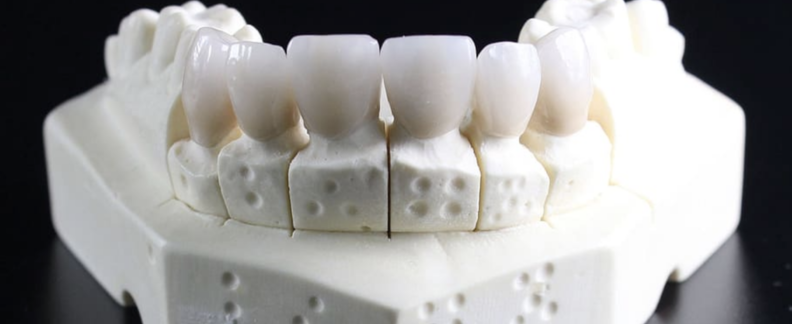WHAT ARE DENTURES?
Dentures are replacement for missing teeth, which can be taken out and fitted back onto the gum aperture, dentures may not give the same sensation as the natural teeth, however, they can be very comfortable when properly managed within the guidelines set for it usage, the interesting part of it all, is that dentures as like ornamentals, provide aesthetics and are designed to fit a person’s teeth architecture.
GETTING USE TO YOUR DENTURES
After installation of your new dentures, one may not have the desire to eat due to fear of being hurt while chewing especially if you have some teeth removed the feeling that the food is slightly tasteless maybe there but getting used to your dentures is very important can be challenging to some extent because it may take a period for your facial muscles to fine-tune to their new positions and forms for proper arrangement of the dentures even as you attempt to chew; the good news is, immediately one gets used to wearing the denture, one gets used to eating and chewing concurrently starting from soft to medium food particles over time.
Acquainting to something follows a course of which is also applicable to eating while the denture is on, though the slight wearing of cheek cells, biting the tongue and expression of force on the gum can cause discomfort, however, the mouth and denture get to adjust for better alignment and collaboration to prevent pains and injuries or stress that could cause discomfort.
One can eat with dentures on starting with liquids, semi-solids and subsequently solids as times goes and when one feels very comfortable to do so, can be very helpful, however, during the training process, it is highly recommended that solids and hard to chew or crush foods be avoided to prevent exerting high pressure on the gum and biting of the tongue which can cause injuries.
Tips for successfully eating with your dentures:
– Starting with pureed foods, you can blend your food to paste or puree at the beginning such as soups, broths, and pureed vegetables.
– Do not rush or overwork yourself into eating with your dentures, but start gradually with food having very soft textures and tiny particles such as very softened potatoes and eggs, fish, ground tender meat, macaroni, wholly cooked vegetables, bread and cookies in milk or water can be soaked to lessen the pressure exerted on the gum and tongue during chewing by the denture
– Move on to small bits of food and,
– Spread food evenly to either back sides of your dentures and then practice chewing gradually.
– Though this may take some time to finish a meal as you will need more time completing chewing
– You can add little liquids to food in the mouth to enhance an easy and quicker breakdown of food, it will also reduce the stress applied to the jaws.
– You can apply denture adhesive to prevent tiny food particles from entering and sticking to your gum and dentures.
- Avoid hard foods such as hard nuts and hard meats.




Thanks for sharing these tips! My grandmother had a tough time with dentures. Your advice about having liquids and semi-solids and then moving onto solid foods is sensible. These tips are very handy for anyone who has just had dentures are planning to have them.
I have a friend with dentures and when I asked her about them she kind of brushed over the procedure. Thanks for the information.